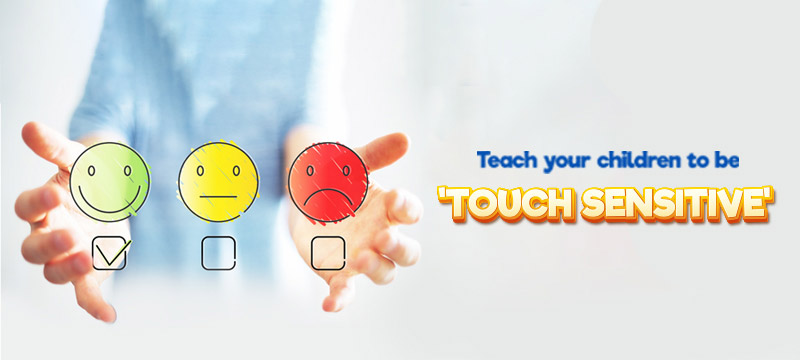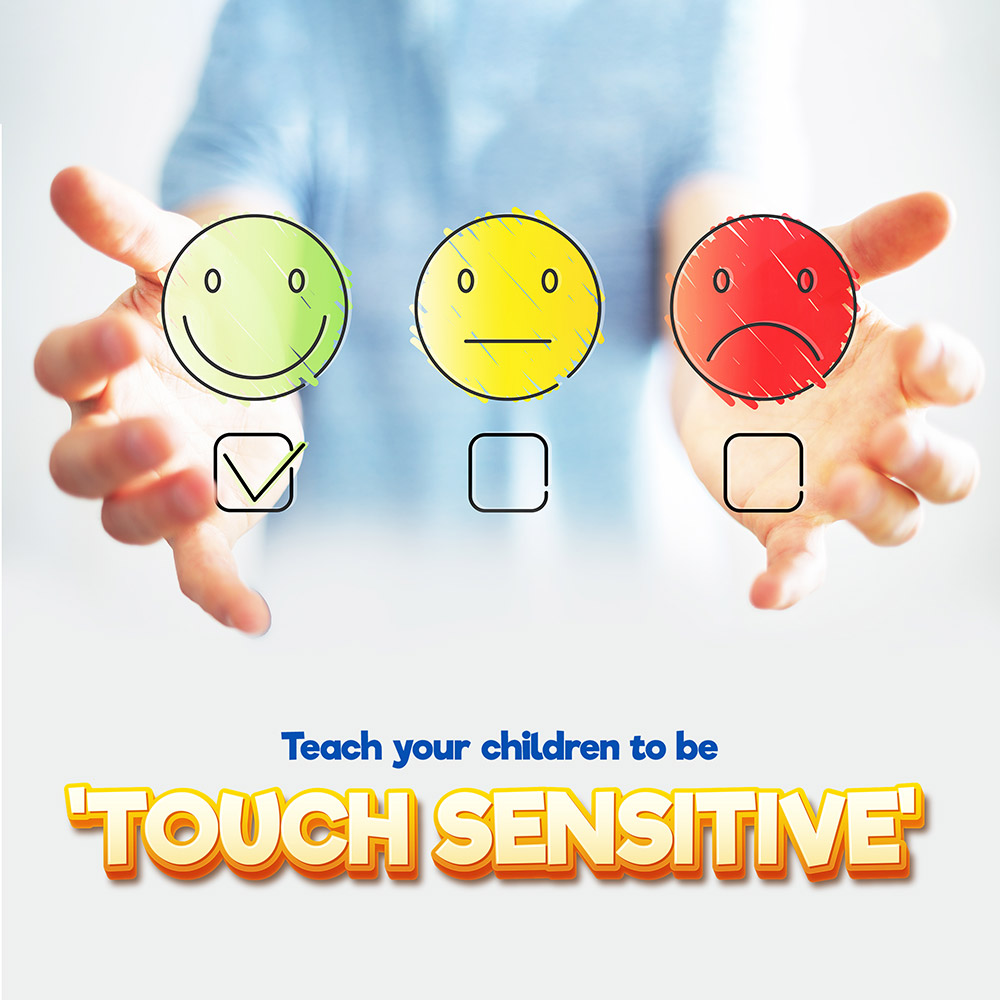
Just like other aspects of safety, it is very important for parents, caregivers and teachers to educate children about the fundamental difference between good and bad touch. This will augur well for them vis-a-vis the future and protect them from the vices of the society, including sexual abuse.
Sadly, despite repeated recommendations from experts, data has revealed that less than half of parents of school-going children do not broach this subject with their young ones. The reasons are several: they feel the child is too young, do not want to scare the child or simply do not know how to bring it up.
Below are some guidelines outlining the importance of educating the youngsters about appropriate and “normal” touching, including sexual development and gender-related issues.
Respect for ‘body space’
From a very young age, it must be inculcated in children that no one is allowed to touch their private parts and it is important for them to keep these covered and “safe” in public places, including school. This clear channel of communication between the parents and the child is critical for any youngster to learn how to respond in case he or she faces any abuse or sexual violation. It is worthwhile to teach children that they are the “masters of their own body”.
Use age-appropriate language
According to child psychologists, it is important to teach children the correct names of all body parts, including words like ‘genitals’, ‘penis’, ‘vagina’, ‘breasts’ or ‘buttocks’. Making up names or being awkward about certain body parts often gives the child the idea that there is something to be ashamed of, especially with respect to the private areas.
Proper explanation of “good” and “bad” touch
Children must be taught to differentiate between different kinds of touch. They must realize safe touch includes marks of affection and caring like a pat on the back or wanted hugs. Unwanted touches such as pinching, hitting or inappropriate fondling hurt the body and mind. The children must know that in the case of “bad” touching, they must not be afraid to even refuse and resist a family member or relative.
Answer all questions
Maintaining a favourable environment where the child is free to ask questions to the parents or teachers is very important. The well-explained answers in the right tone helps to facilitate the children to correctly comprehend, process and deal with the issue in a rational manner.
Keep the conversations ongoing
The parents and teachers must continue to have shifting, developmentally appropriate conversations with the children throughout the years of growth. Child psychologists advise it is prudent to review these topics frequently, welcome different questions as the children grow up and provide information relevantly.
We nurture future-ready, responsible students
While emphasizing on the key goals of education, Ruby Park Public School (RPPS)encourages all its students to focus on their strengths and aspirations in life. This CBSE-affiliated institution in Kolkata has already made a distinctive mark for its progressive approach and commitment to excellence. The strong management and experienced faculty are responsible for imparting liberal and all-round education to inculcate strong moral values in all the children.
For more information, visit www.rubypark.com

